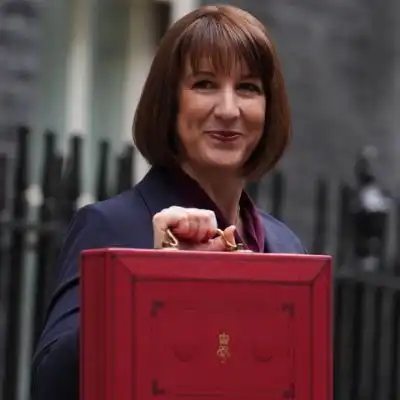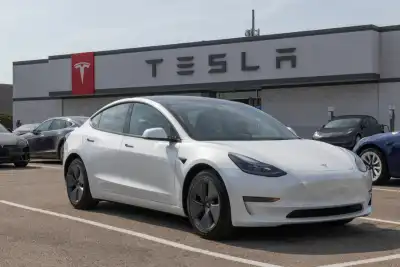
Chancellor Rachel Reeves will deliver the Autumn Budget on November 26, and experts are calling on her to make bold changes to support petrol and diesel drivers while cutting emissions.
Reeves is expected to outline tough fiscal decisions, but she has already confirmed several motoring pledges - including extending the fuel duty freeze and maintaining support for electric vehicle incentives.
Last year, she announced that Labour would extend the 5p-per-litre fuel duty cut until 2025–26, a move that costs the Government around £3 billion but saves the average driver £59 a year. The cut, first introduced by Rishi Sunak in 2022 to counter soaring fuel prices after Russia’s invasion of Ukraine, has been rolled over annually since. The freeze is now due to expire in March 2026.
However, industry figures say it’s time for more decisive reform. Paul Holland, Managing Director for UK and ANZ Fleet at Corpay (including UK brand Allstar), said fuel duty “can’t just keep being kicked down the road.”
“Fleets are on the frontline of costs,” he explained. “A penny on duty doesn’t just hit drivers - it impacts the price of groceries, deliveries and everyday goods. Keeping the freeze isn’t a political move; it’s about keeping inflation under control.”
Holland argued the current duty system is outdated because low-emission fuels such as HVO (hydrotreated vegetable oil), which can cut emissions by up to 90% compared with diesel, are still taxed at the same rate.
He urged the Government to use the upcoming Budget to incentivise cleaner transport:
“Trucks and vans are essential but account for around a quarter of the UK’s transport emissions. We need a Budget that uses fuel duty as a lever for both growth and decarbonisation. Cut it where it makes sense - and businesses will do the rest.”
At present, drivers are paying around 135p per litre for petrol and 142p for diesel, according to RAC Fuel Watch. While prices have eased since 2022, they remain volatile and well above pre-crisis levels.
A Treasury spokesperson said the Government’s Plan for Change was “putting more money in the pockets of working people,” adding:
“We extended the fuel duty cut this year, saving drivers £3 billion, and increased the National Living Wage by up to £1,400 for millions. Our planning reforms are also set to grow the economy by £6.8 billion and cut borrowing by £3.4 billion.”




